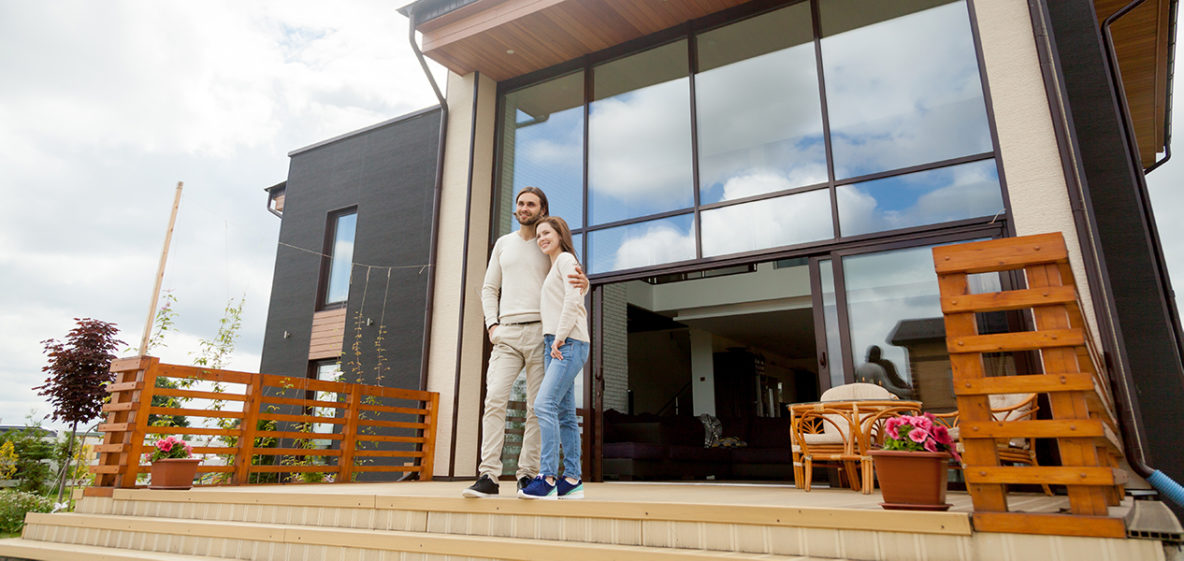It’s a curious fact that we Canadians, depending on where we live, call a vacation home by different names – a cottage, chalet, country house, camp or cabin. But what they all have in common is that so many owners call their vacation property a source of cherished family time and lifelong memories.
If you ever consider such a purchase, it’s important to weigh the enchantment of vacation property ownership against the commitments of owning a second home.
ASSESS FINANCING
Numerous financing methods are available, but often the choice boils down to three options, sometimes used in combination. You can take out a second mortgage, using your principal residence as collateral. You can refinance your existing mortgage to access the equity in your home. Or you can use the equity in your home to take out a home equity line of credit. You’ll want to come up with a plan and examine dollar figures to determine whether your dream property is affordable.
UNDERSTAND THE COMMITMENT
You must also account for all of the costs, and there are many, beyond the purchase price. To start, you’ll have the costs of beds, furniture, appliances and watercraft – and moving expenses. Then you’ve got to budget for the ongoing expenses of property tax, utilities, insurance, major repairs and any renovations.
Keep in mind another cost of ownership – time. Consider that some weekend getaways could include chores like fixing the broken downspout, mowing the lawn and driving to town to refill the propane tank. For some people, spending time on upkeep is reason to consider renting instead of buying. But others believe it’s a small price to pay for all of the relaxing, fishing, swimming, boating and roasting marshmallows.
CONSIDER ESTATE PLANNING
It’s important to know that purchasing a vacation property typically means that down the road you’ll be adding tax and estate planning matters to your plate. A potentially large tax bill on a property’s capital gain is payable upon transfer of ownership, whether it’s a sale or handed down to children in a will. At some point, you’ll need to choose which of several transfer methods best suits your tax situation, and decide how to cover the tax liability.
ASK FOR OUR INPUT
One of the most important components of your wealth plan is saving for retirement, which may be affected by the purchase of a second property. We can look at the financing and other costs to help you determine if you can manage the purchase comfortably – without placing the timing or nature of your retirement at risk. Of course, we can also factor in whether the vacation property is part of your retirement plan. With our financial advice and guidance, you can feel confident that your final decision was the right one for your circumstances.

